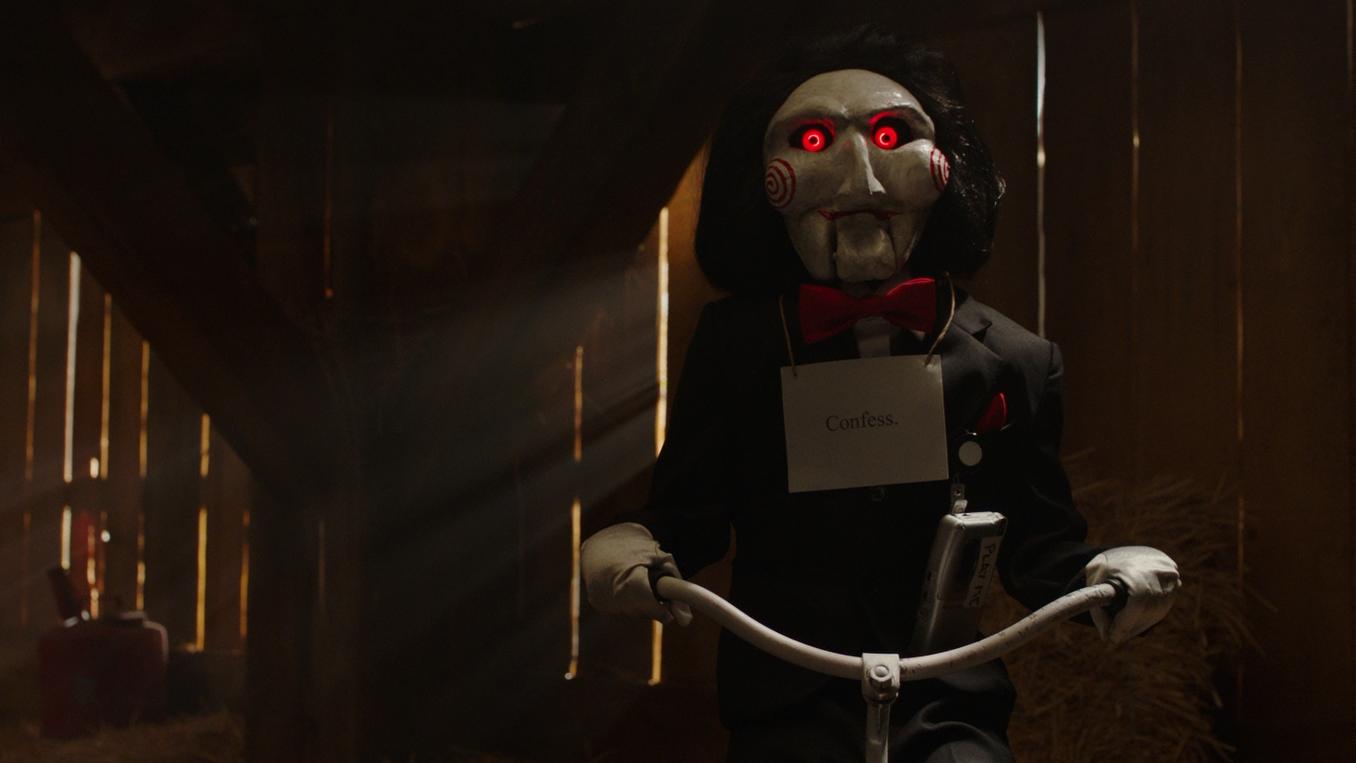Author: Marisa Reyes-Pacheco
Good people can do bad things, just like bad people can do good things. At what point does the essence of good and bad start to blur, creating what may seem to be a facade of a person? Antiheroes are protagonists that are essentially good, but don’t seem to have the same qualities or morals of a typical heroic character. Or, they can be the complete opposite — seemingly bad people that overall have better intentions than they may make known.
This Friday the 13th I thought it would be interesting to take a look at possibly one of the most notorious yet sinister antiheroes of the Horror genre, John Kramer, who is also known as Jigsaw (Tobin Bell) of the SAW (2004-2017) series. For Jigsaw, there is a fine line between being a devious old man who kidnaps and tortures people to pass the time, or being a terminally ill cancer patient who values life and devotes his time to showing others that they should, too. Based on the endless games, traps and his surprising freedom from authority, there is no doubt that Jigsaw is a complex, genius character who the series would have been lost without.
Jigsaw’s main goal through all of the bloodshed he causes to pool is to show his victims that they are taking life for granted and are undeserving of it in the way they are currently living. But through every installment of the series, Jigsaw never kills a single person. His games and traps allow his victims to make decisions for themselves, he does not want them to die. Of course a few cuts and bruises will surely be noticeable, if they ever make it out alive.
One of the most interesting aspects of the antihero is the emotions they are able to evoke from the audience. Most relatably, more often than not, antiheroes make you sympathize with them when you really don’t mean or even want to. Jigsaw, an old man visibly suffering from cancer, always speaks calmly and collectively. He never once raises his voice, through an entire series. SAW II (2005) shows Jigsaw getting beaten nearly to death by one of his victims’ fathers, who is a detective. It’s a strange mind game that pulls the audience’s emotions in so many different directions — do you sympathize with the father, angry that he doesn’t know where his son is? Or with the cancer-ridden old man who is telling the detective exactly how to find his son, just not with the words he wants to hear? Antiheroes make you question yourself and your own beliefs of the good and bad, which is what creates such interesting conversations. You can tell a lot about a person by the antiheroes they empathize with or prefer compared to others.
Marisa Reyes-Pacheco | stream Fine Line by Harry Styles OUT NOW | KXSU Arts Reporter

